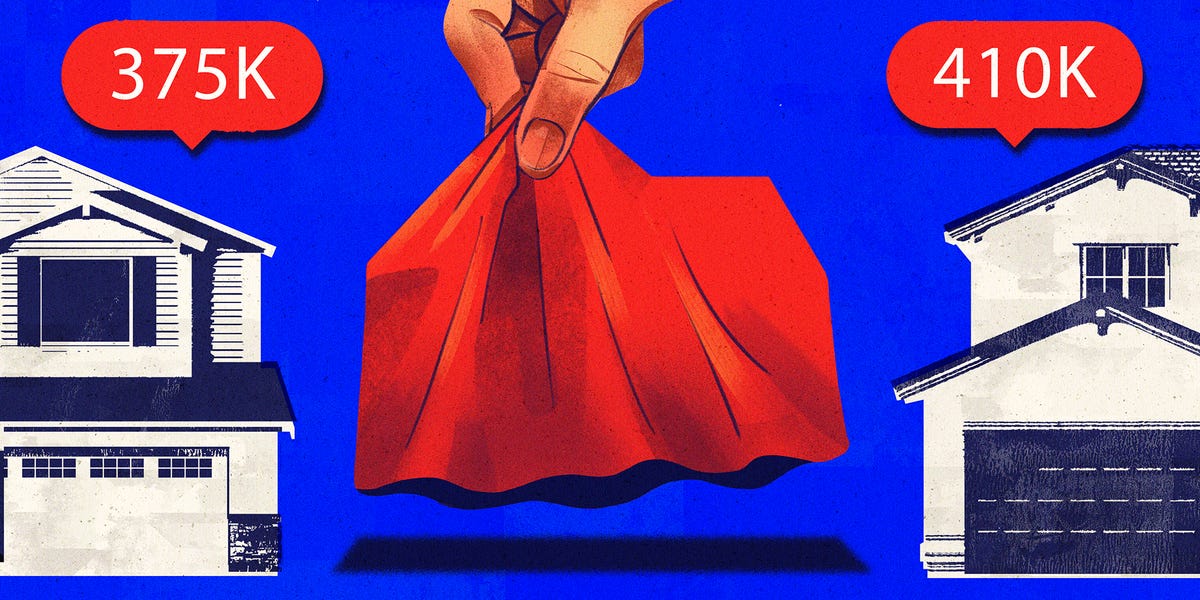T
he modern miracle of browsing homes for sale online has been made possible by the aggregation of listings from multiple sources, but this convenience may be about to change. Real estate's power players are locked in a bitter dispute over who gets access to millions of US home listings each year. At the center of the debate is the National Association of Realtors' (NAR) "clear-cooperation policy," which requires real-estate agents to list homes on the multiple-listing service (MLS) within one business day of marketing them publicly.
The NAR's top brass will consider revising or repealing this rule in the coming months, but some industry leaders are pushing for a more fragmented market. They argue that sellers and their agents should have more freedom to choose where and how they advertise properties. However, critics claim that this would lead to a more fractured market, with buyers having to navigate individual brokerages' websites instead of relying on centralized platforms like Zillow or Realtor.com.
The NAR's clear-cooperation policy was introduced five years ago in response to the growing problem of "pocket listings," where agents kept select properties off the MLS and marketed them privately. The rule requires agents to list homes on the MLS within one business day, but it includes a loophole that allows brokers to market properties exclusively within their own networks.
Large brokerages like Compass and Anywhere Real Estate are pushing for changes to the rule, arguing that it stifles competition and gives smaller brokerages an unfair advantage. However, proponents of clear cooperation argue that it ensures equal access to the market and prevents housing discrimination.
The debate has sparked concerns about the potential consequences of a more fragmented market, including reduced transparency and increased costs for buyers. The Department of Justice has also signaled its interest in investigating the NAR's control of the MLSes, which could lead to further changes in the industry.
Ultimately, the outcome will depend on the decisions made by top leaders at the NAR, who will consider revising or repealing the clear-cooperation policy at their annual convention in November. The result will determine the kind of housing market we have in the future and whether buyers will continue to have access to a centralized platform for searching homes for sale.















